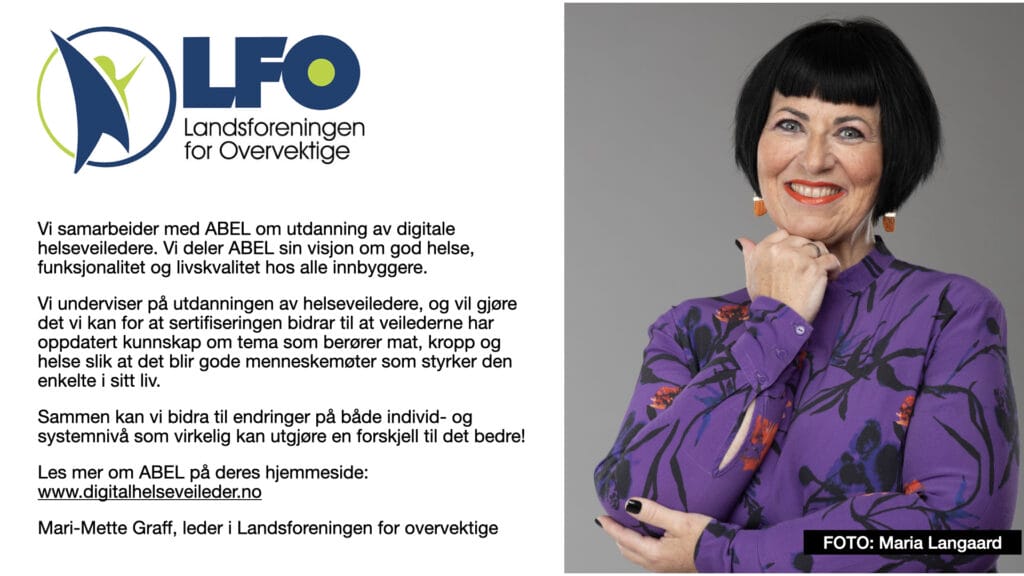In a major step forward in addressing obesity and weight bias, the Norwegian organisation LFO has announced a collaboration with ABEL Health, a group dedicated to improving health, functionality, and quality of life for all residents through certified, quality-assured health guidance. This partnership focuses on creating lasting, positive impacts on how society views and manages overweight and obesity as chronic conditions.
LFO has taken the lead in shaping the educational framework for this initiative, specifically developing the syllabus for the topic of overweight and obesity. As part of the collaboration, LFO is conducting two lectures with students, preparing case studies, and developing exam papers. Central to these educational efforts is the Venice Declaration, which emphasises a shift in the way obesity is discussed and managed.
The Venice Declaration calls for recognising obesity as a disease requiring comprehensive, long-term management, not as a personal failure or choice. It strongly advocates for ending the use of “war rhetoric” often employed to describe the challenges associated with overweight and obesity, both at the individual and societal level. Instead, it promotes the use of people-first language, urging society to stop viewing obesity as a battle against oneself, a perspective the declaration argues is unsustainable and harmful.
Key topics included in the lectures are:
- Obesity as a chronic disease: A call to prioritise equitable access to treatment and dismantle the barriers that prevent effective care.
- Weight bias and discrimination: Addressing the social and personal stigmatisation often faced by individuals with obesity.
- Evidence-based interventions: A focus on moving beyond ineffective, unevidenced strategies toward developing interventions that consider environmental and socioeconomic factors influencing obesity.

Mari-Mette Graff, representing LFO, shared her optimism about the collaboration: “By addressing obesity as a public health issue and dismantling the barriers to care, we can create a healthier future for all. It’s time to stop the stigma and focus on long-term, evidence-based solutions.”
This partnership represents a significant step forward in reshaping societal attitudes toward obesity, focusing on education and inclusive health practices to create a more equitable approach to managing the condition.
